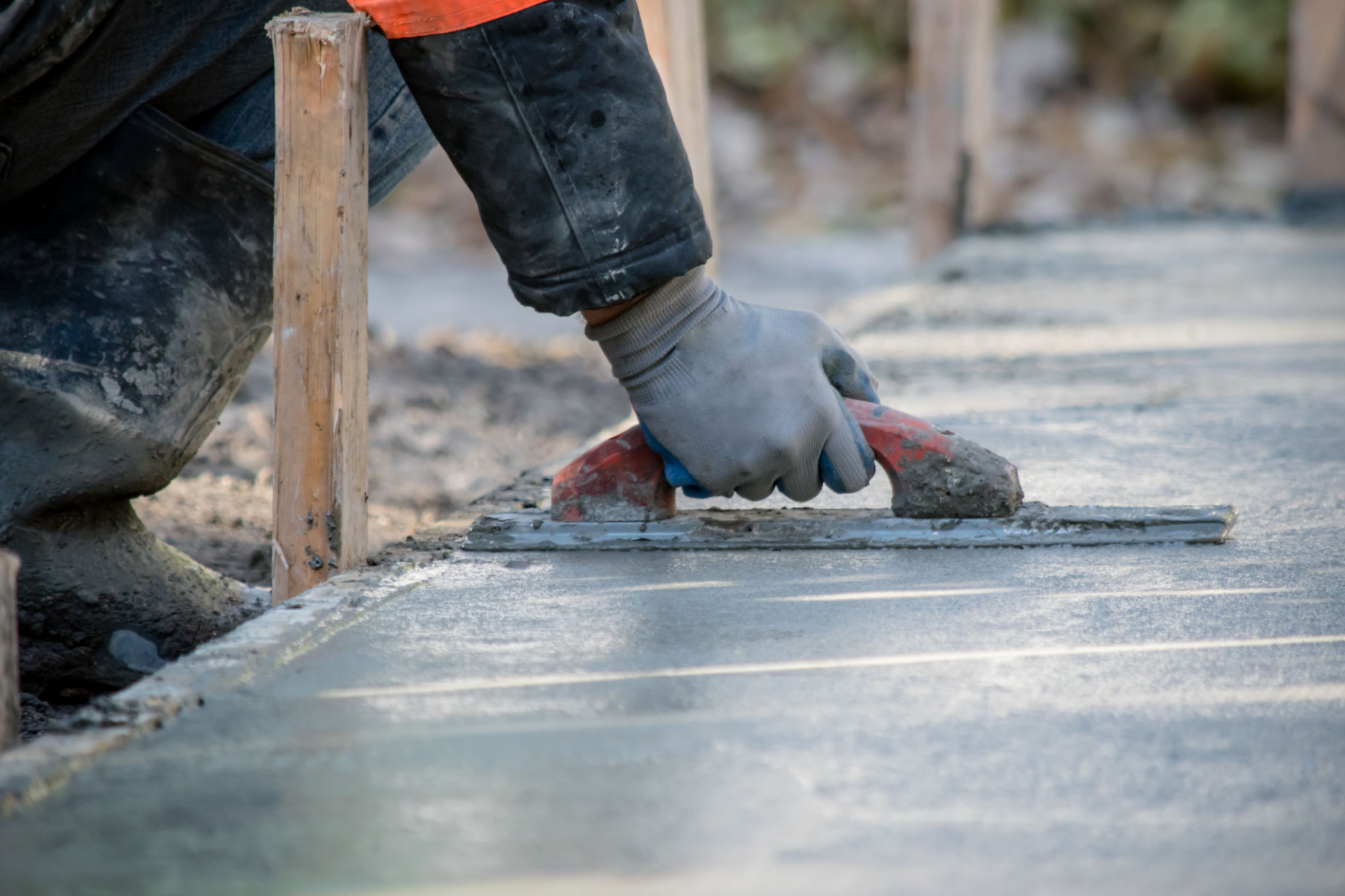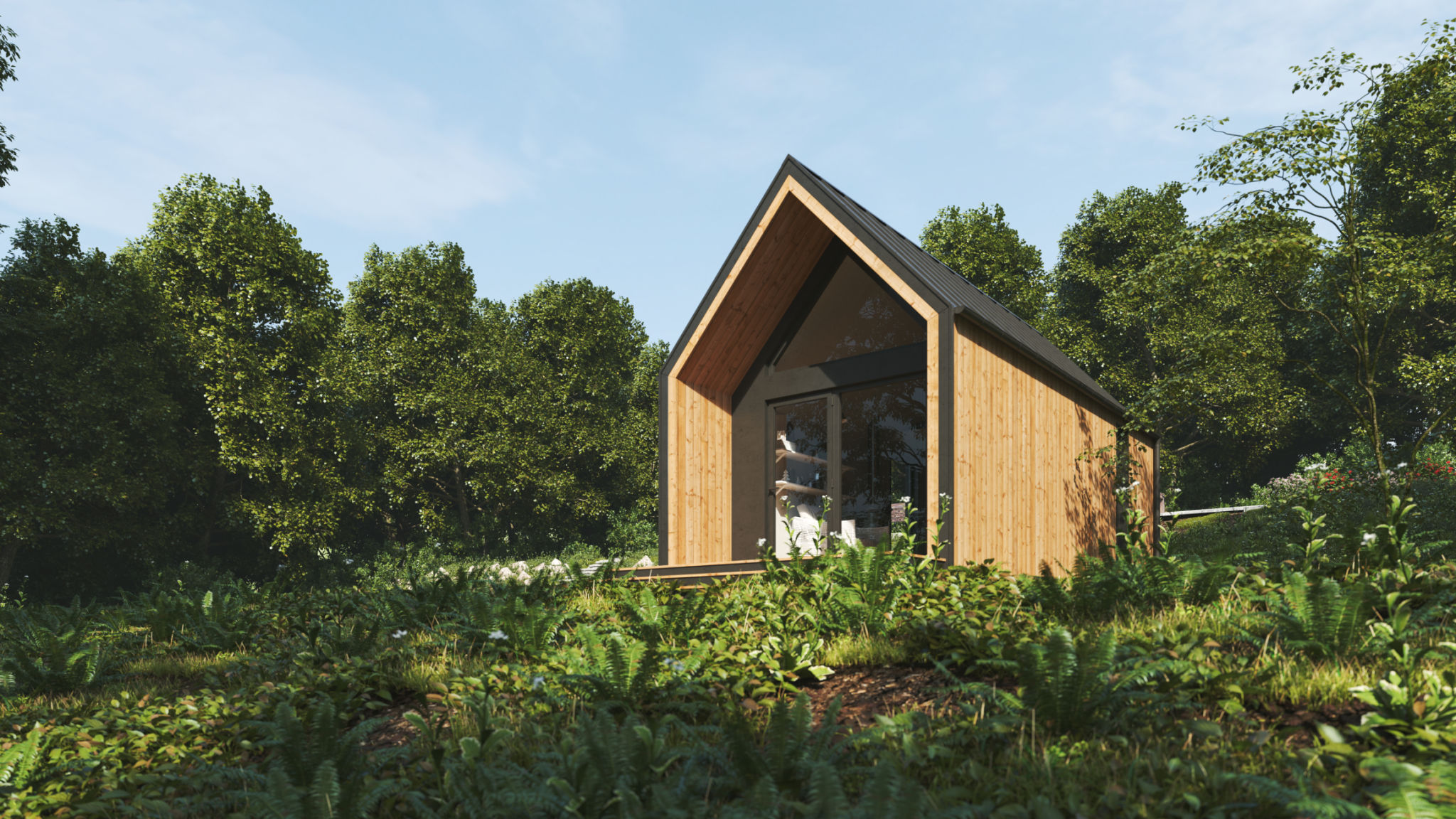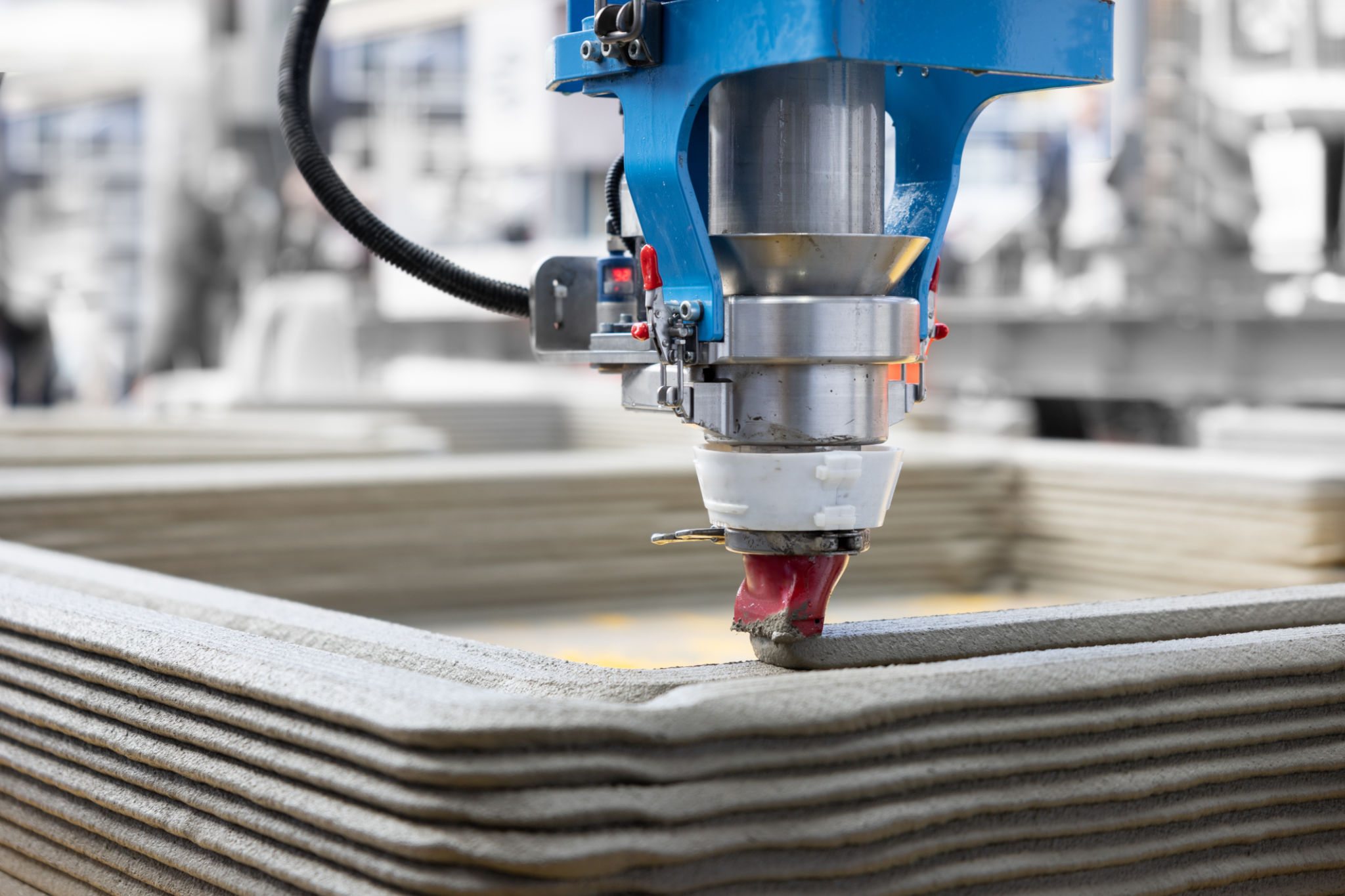The Ultimate Guide to the Best Building Materials for Contractors
When it comes to construction, choosing the right building materials is crucial for ensuring durability, safety, and cost-effectiveness. Whether you are a seasoned contractor or just starting in the industry, understanding the best materials available can make a significant difference in the success of your projects.
Concrete: The Backbone of Construction
Concrete is one of the most essential materials in the construction industry. Known for its strength and versatility, it is used in a variety of applications, from foundations and floors to walls and bridges. Reinforced concrete, which includes steel bars or fibers, enhances its tensile strength, making it ideal for large structures.

In recent years, advancements in concrete technology have led to the development of sustainable options like green concrete, which incorporates recycled materials, reducing carbon footprint while maintaining performance. For contractors looking to meet modern environmental standards, this is an important consideration.
Steel: Strength and Flexibility
Steel is renowned for its high strength-to-weight ratio, making it an excellent choice for structural frameworks. Its ability to withstand heavy loads and resist corrosion makes it a preferred material for skyscrapers, bridges, and industrial buildings. Additionally, steel can be easily fabricated into various shapes and sizes, offering flexibility in design.

An emerging trend is the use of light gauge steel, which is more sustainable and efficient for residential construction. It allows for quicker assembly and offers excellent durability, further enhancing the appeal of steel in modern building projects.
Wood: The Timeless Choice
Wood has been a staple in construction for centuries due to its natural beauty and adaptability. In modern building practices, engineered wood products like plywood and laminated veneer lumber offer increased strength and dimensional stability compared to traditional timber.
For contractors focusing on sustainability, bamboo is gaining popularity as an eco-friendly alternative. It grows quickly and has comparable strength to hardwoods, making it an excellent choice for environmentally conscious projects.

Brick and Stone: Classic and Durable
Brick and stone are timeless materials known for their aesthetic appeal and durability. They provide excellent thermal mass, which helps in maintaining energy efficiency in buildings. Brick is particularly valued for its fire resistance and low maintenance needs.
Natural stone, such as granite and limestone, adds a touch of elegance to any structure and is often used in facades and decorative elements. These materials are not only durable but also resistant to weathering, ensuring longevity.
Innovative Materials: The Future of Construction
The construction industry is continuously evolving with the introduction of innovative materials. Cross-laminated timber (CLT) is one such material gaining attention for its strength and sustainability. It allows for precision engineering and can be used in high-rise buildings, reducing overall construction time.

Another exciting development is the use of 3D-printed concrete. This technology offers the potential to revolutionize construction by reducing waste and labor costs while enabling complex designs that were previously difficult to achieve with traditional methods.
For contractors aiming to stay ahead in the industry, keeping abreast of these innovations is essential. By integrating these advanced materials into projects, contractors can not only meet but exceed client expectations while promoting sustainable building practices.
